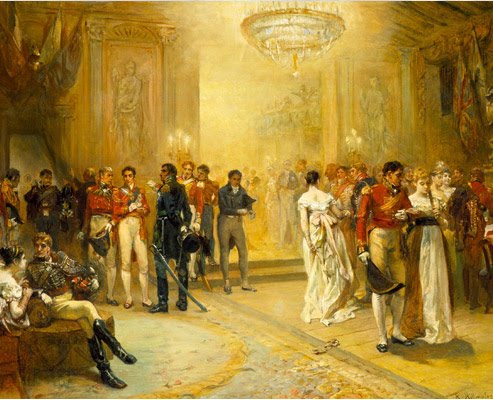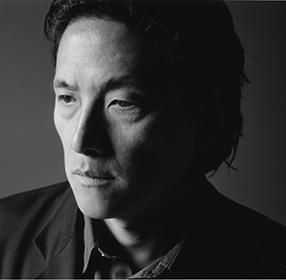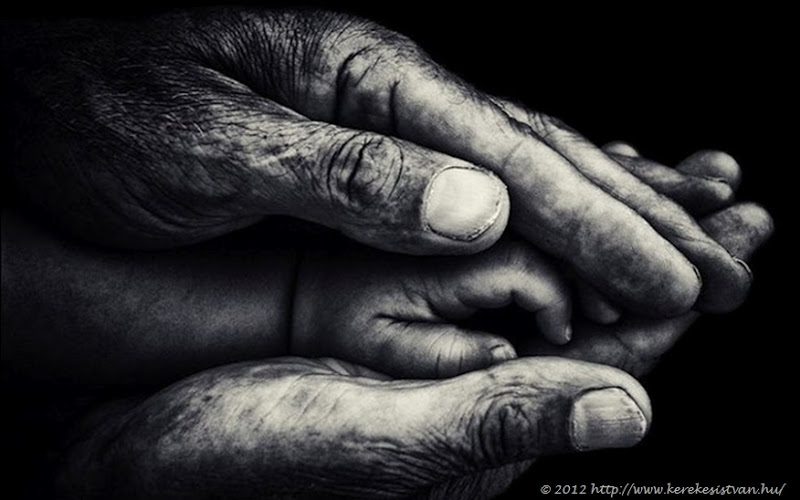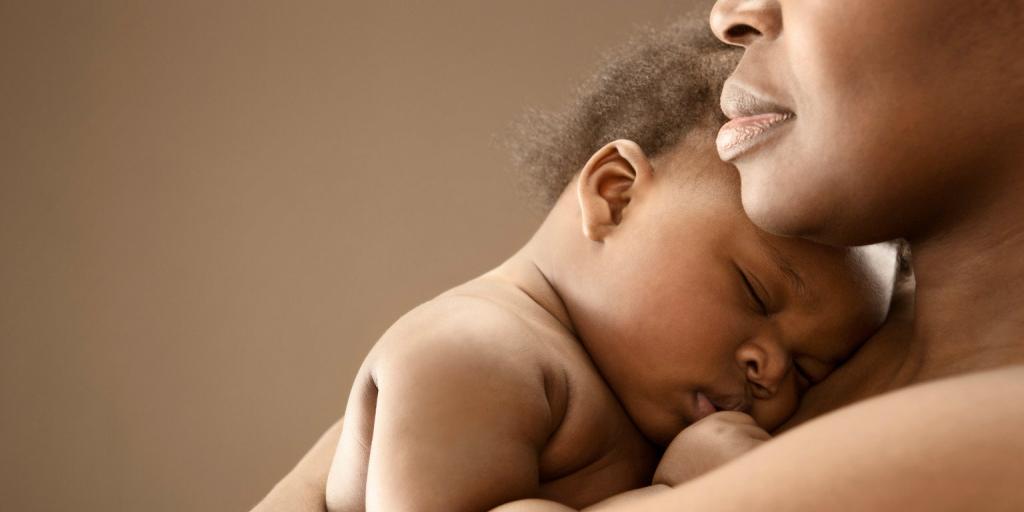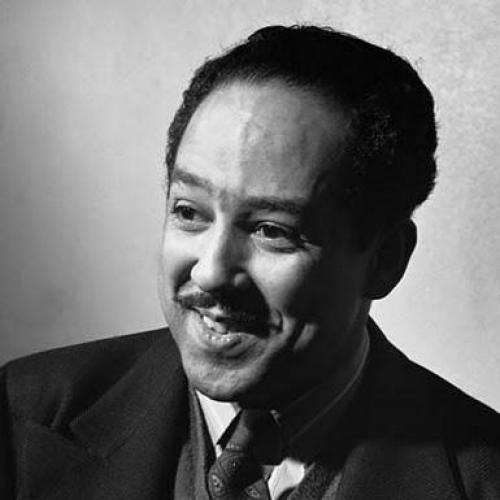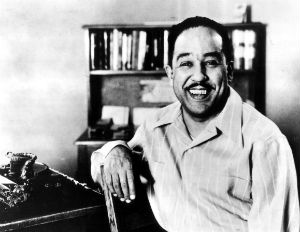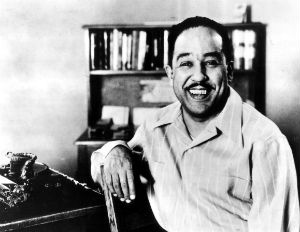The internal conflict of a person born to black-white parents is portrayed through the lines of the poem. It has a dominant trait of autobiographical elements from Hughes’ life. The racial tensions between the black and white communities in the 1920s and the ethnic conflict in the lives of African-American individuals form the backdrop of the poem. The poem talks about the impact left in the life of a mulatto child with ancestry of an abused black serf mother and abusive white master father.
About the Poet:
One of the leaders of Harlem Renaissance (New York), James Mercer Langston Hughes (1902 – 1967) was born on February 1, 1902 in Joplin, Missouri. His most lauded contribution being in the literary genre of jazz poetry, Hughes stood as the representative African-American voice among the most acclaimed poets. The American poet, novelist, columnist, playwright, and social activist worked for the abolitionist cause. His first book of poetry, “Weary Blues,” was published in the year 1920.
Cross: Poetic Devices
Anaphora: “my old man,” “my old mother.”
Repetition: “cursed,” “black,” “white,” “Wish.”
Metaphor: “cross”- to depict anger as well as the hybrid of genes found in a mulatto.
Style-
My old man’s a white old man (A)
And my old mother’s black. (B)
If ever I cursed my white, old man(A)
I take my curses back. (B)
If ever I cursed my black old mother(C)
And wished she were in hell, (D)
I’m sorry for that evil wish(E)
And now I wish her well(D)
My old man died in a fine big house. (F)
My ma died in a shack. (B)
I wonder where I’m going to die, (G)
Being neither white nor black? (B)
The simple and short outlook given to the poem is just a veil of camouflage. The poem, with its irregular rhyme and simple sentence structure, hides its powerful theme quite brilliantly. The speaker is the poet; the poet is the speaker. It is the usage of the first person by the poet that makes it impossible to differentiate between who the speaker is and who the poet is. The lyric poem is an internal conflict of a person with mixed ethnic roots.
Cross: Summary
Langston Hughes begins the poem with a mention of the racial background of the speaker. He has a white father and a black mother. He had wished evil for his father and mother during his bad days, which he genuinely regrets now. He is particularly hurt for wishing that his mother was dead. He begins to understand that the anguish he felt throughout his life cannot be blamed upon his parents. Now, when his mother is no more, he wishes well of her wherever she is. Though his father had died in a big house with great wealth in his possession, his mother had died in poverty with no permanent house to call her own. This contrast in reality pains him and leaves him wondering about his fate. Which among the duo will he be destined to have- a white luxurious death or a torturous black death.
Cross: Analysis
The contrast in life and death of the white and the black is clearly depicted in the three stanzas of four quatrains. The poem is a reflection of the 1920s America wherein there was a clear demarcation between the white and black lives, with the latter being deprived of the basic amnesties and human rights by the all-powerful white. In a community like this, being the offspring of an Afro-American parentage is more than a challenge in its own.
The narrator of the poem is caught in one such situation. All his life, he blames his parents for the difficulties he had to endure due to his crossbred ethnicity. Later on, he realizes that he could not hold his parents responsible for society’s brunt. He could not alter the reality of his birth even if he or his parents wishes to. Though he regrets wishing ill for both his parents, what hurts him most is his behavior towards his mother when she was alive. Already being a black was more than a curse she had bargained for in her life and he went on to add her miseries. She lived poor and died poor, while his white father lived a life of worth and died in luxury.
The fate of the young speaker is spoken about in the final lines of the poem. He wonders what lies in stock for him, for he cannot find an identity of his own in the binaries presented before him. He is neither accepted as a black nor white, so he cannot choose either of them as his destiny. His jeopardy of insecurity and loss of identity haunts him till the end.
Cross: Tone
Frustration and regret are the heightened tones felt throughout the poem Cross. The speaker is frustrated with his ethnic roots, as it does not let him belong to any one community. He is neither accepted by one completely nor rejected entirely by the other. In this frustration, he wishes ill-luck for his father and flares up at his mother, which he comes to regret upon their death. The end line reflects upon the insecurity felt by the speaker all along.
Cross: Central Idea
The poem Cross is taken from the collection of poetry “Weary Blues.” It is a broader outlook on the lives of the African-American community in the land of Lincoln. The central idea of the poem can be derived from the title name itself. The word “cross” has a multitude of connotations. Anger, the crossroad, Lord’s crucifix, crossbreed, and traversal are some of the meanings that can be understood from the poem’s lines. The anger felt by an individual of mixed heritage, the hardships he has to overcome in the journey of life, the crossroads that he frequently comes upon, and finally, the burden of slavery that was tagged to their ancestry with no fault of their own.
Though Hughes had a common ethnic root of black parents, he had become the voice of those mulattos who had to bear the brunt of mixed heritage. Slave trade and abusive nature of the slave-master were the two causes of anguish in the lives of the future generation who were bred out of this relationship. The blacks were made to suffer for no fault of theirs like the Lord Jesus. They were never considered equal to the white. The resultant outcome was an identity crisis faced upon by the African-American children. They are always at the crossroads where they can neither choose the white life nor the black life. They are not accepted entirely in both the communities for their mixed parentage. The insecurities and angst felt throughout keeps normalcy at an arm’s length in their life.
Some online learning platforms provide certifications, while others are designed to simply grow your skills in your personal and professional life. Including Masterclass and Coursera, here are our recommendations for the best online learning platforms you can sign up for today.
The 7 Best Online Learning Platforms of 2022
- Best Overall: Coursera
- Best for Niche Topics: Udemy
- Best for Creative Fields: Skillshare
- Best for Celebrity Lessons: MasterClass
- Best for STEM: EdX
- Best for Career Building: Udacity
- Best for Data Learning: Pluralsight


